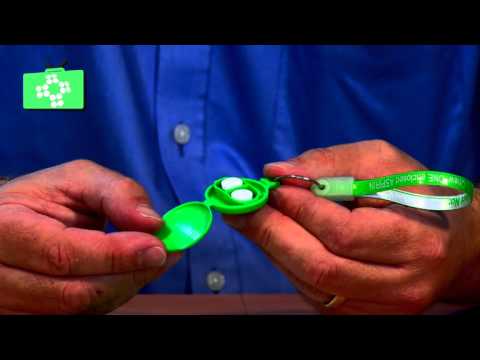Aspirin, used in the prevention of heart attacks, is probably the most cost-effective drug available in medical practice and daily low-dose aspirin is now a standard item in the management of heart disease patients. There is evidence that aspirin, taken during a heart attack, can reduce the size of the clot causing the heart attack and may even cause the platelets in the clot to disperse. Research shows that the death rate can be reduced by 20-25%.
Aspirin also has effects on processes other than clotting, suggesting that if taken very early in an attack, the damage to the heart could be reduced and additional lives saved. Patients known to be at risk of a heart attack, including all persons over about 50 years of age, would be well advised to carry a few tablets of aspirin at all times, and chew and swallow a tablet immediately, if they experience severe chest pain, even as they are phoning 999. They are chewed rather than swallowed as this will mean they are adsorbed twice as fast into the blood stream, speeding up the treatment. Soluble aspirin tablets should not be swallowed whole.
Although Aspirin will greatly benefit the patient, we cannot force them to take it, instead we offer it to them and tell them that it could help them. In the workplace the HSE do accept that this is a valid time to offer medication to a patient.
The problem is that carrying a packet of aspirin can be difficult and the tablets will easily get broken or damp rendering them useless. This episode of the First Aid Show covers the Aspod and how it can be a life saver. Aspod available from our online shop at click here


